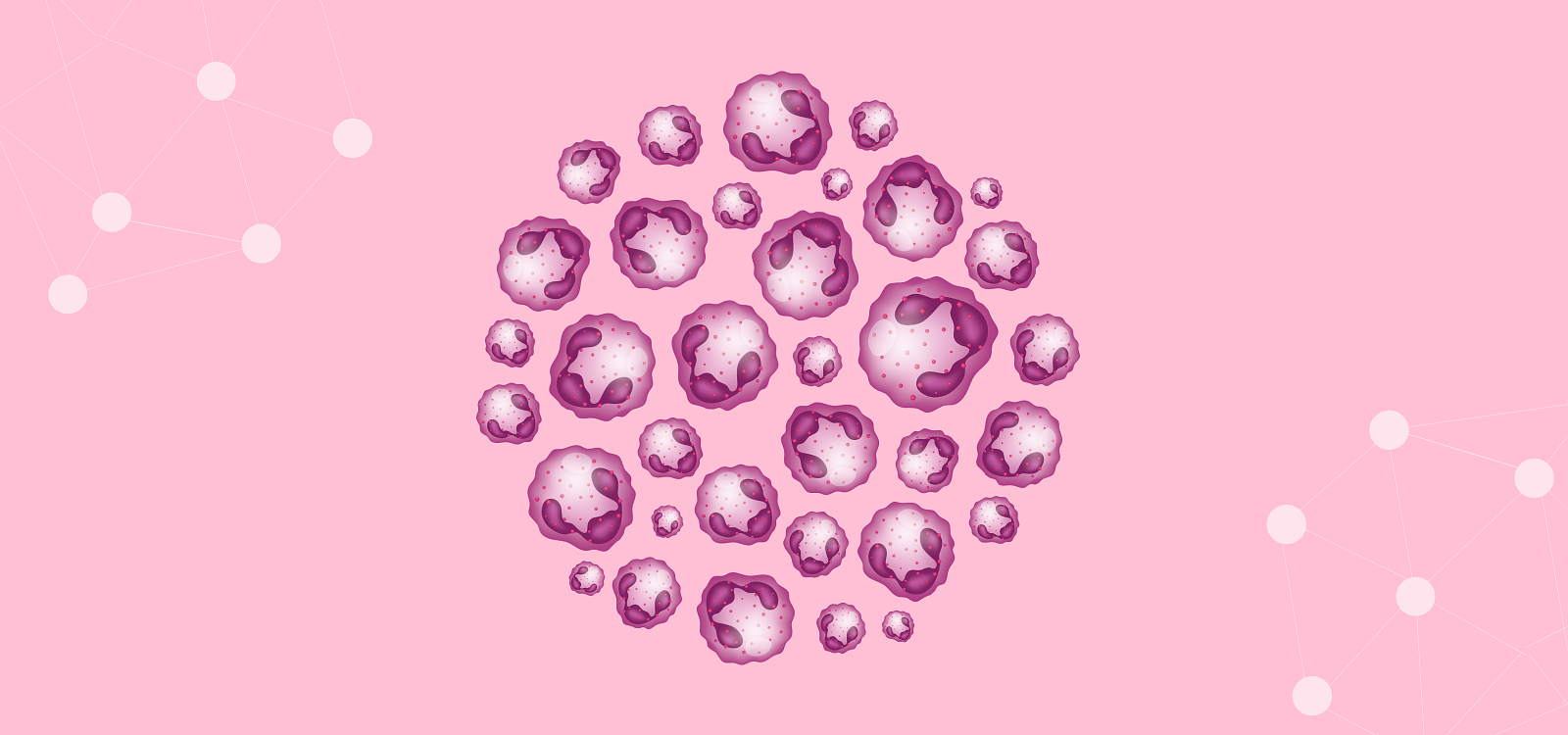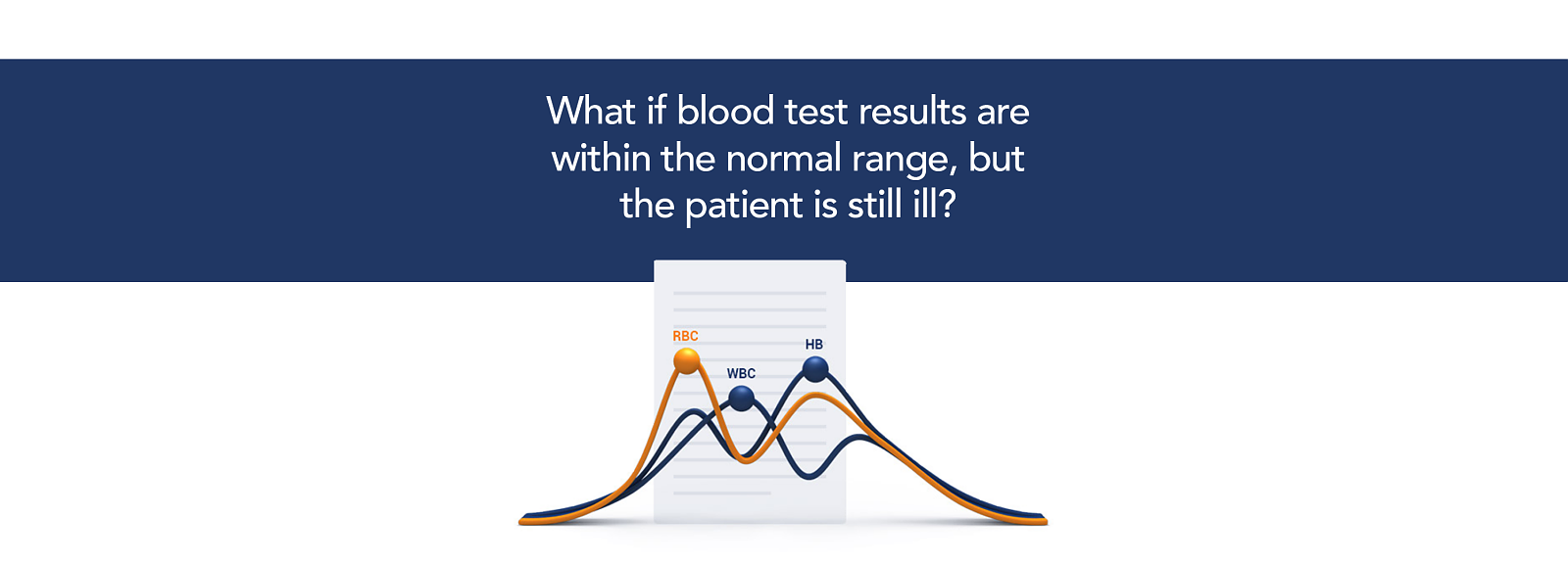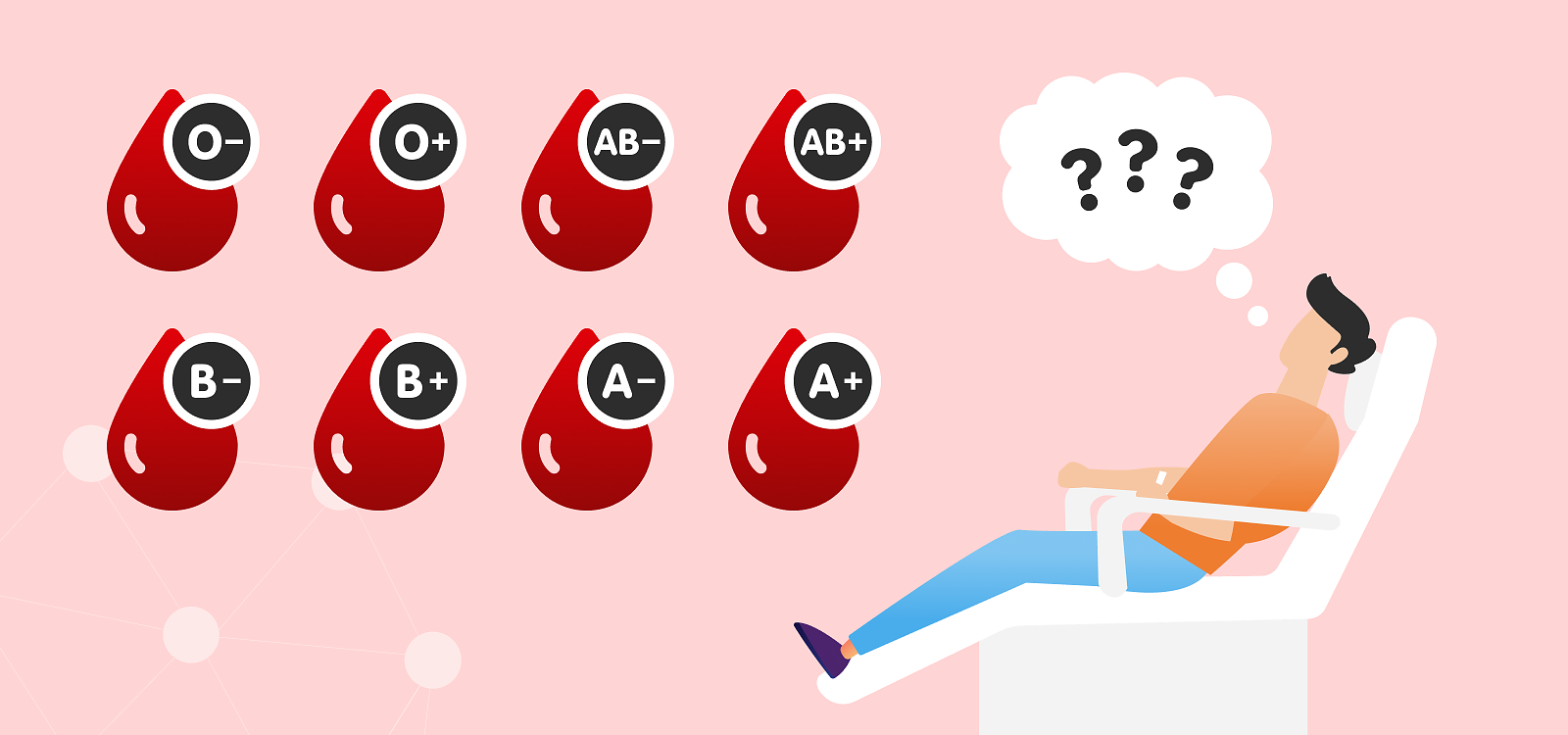Parameter Tuesday: NEUTROPHILS
Neutrophils are the most abundant type of white blood cell in your body. They are the first line of defense when it comes to protecting your body from infections, especially the ones caused by bacteria. The damaged cells release small molecules that attract neutrophils to the site of an infection. The neutrophils then capture and destroy the microorganisms that are causing the illness.
Neutrophils are a type of white blood cell; more specifically, they are a subset of granulocytes. There are three types of granulocytes: neutrophils, basophils, and eosinophils. Like all types of white blood cell, neutrophils are produced in the bone marrow. When they mature in bone marrow, a small amount is released into the blood where some of them circulate around the body, and the rest attach to the lining of blood vessels. However, their time in the blood is very short. In 6-7 hours after being released from bone marrow, they find their way to damaged tissue, where they are needed, and they stay there for 2-4 days.
Neutropenia is a condition where the level of neutrophils in the body is low, and the risk of infection or severe illness rises. Neutropenia can be caused by infections such as sepsis and hepatitis, autoimmune diseases like lupus, Crohn’s disease, or leukemia. Cancer treatments, like chemotherapy and radiation, vitamin deficiency, or fibrosis lower the levels of neutrophils in the body because the production of neutrophils in bone marrow is inadequate.
High levels of neutrophils or neutrophilia usually occur in response to your body being injured, having an infection, bone fracture, severe burns, or even stress. High levels can also be caused by leukemia or rheumatoid arthritis. As mentioned before, some of the neutrophils in the blood attach to the lining of blood vessels. If these neutrophils are released and start circling in the blood, then this can be a reason for a rapid increase in neutrophil count.






